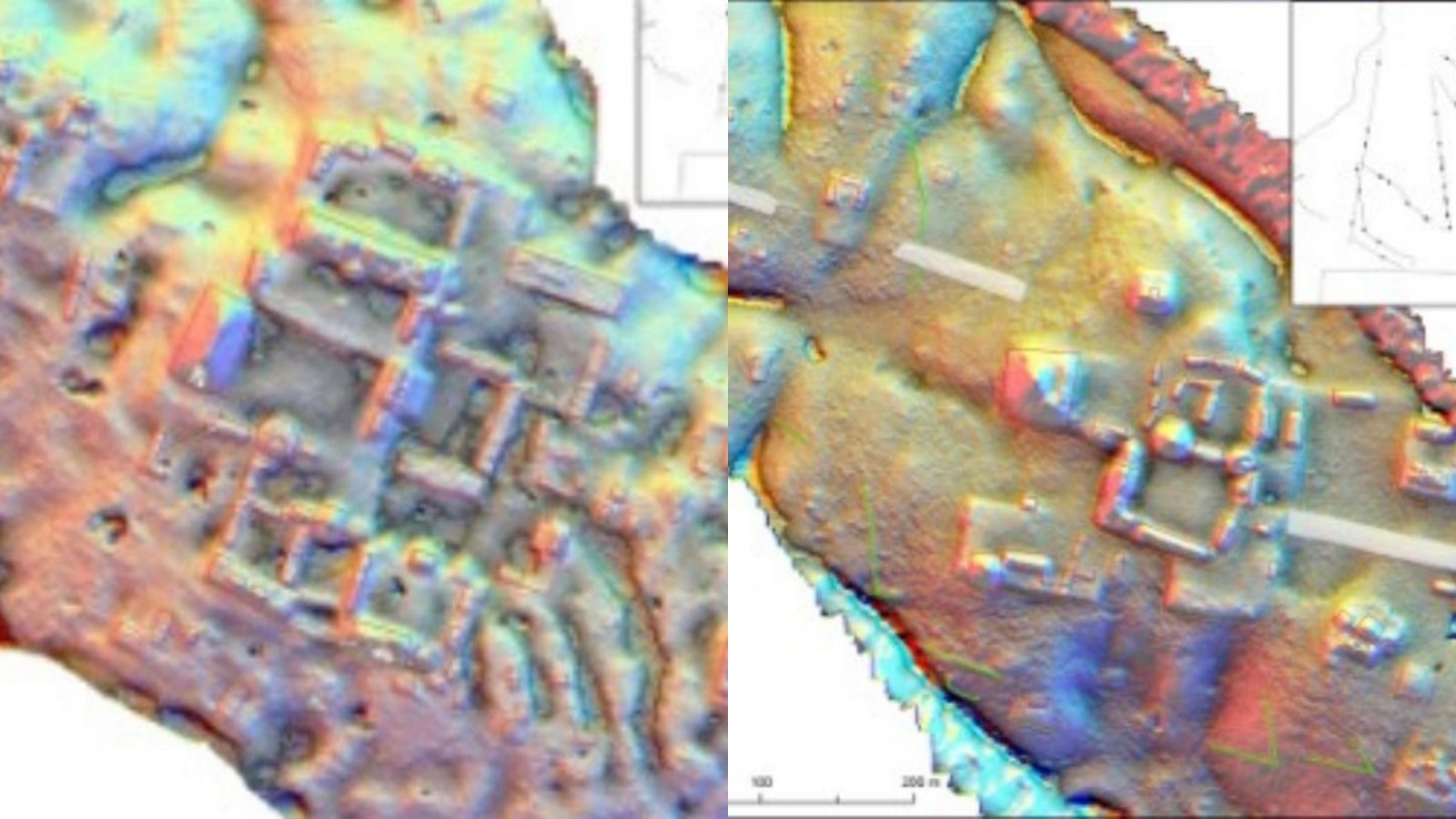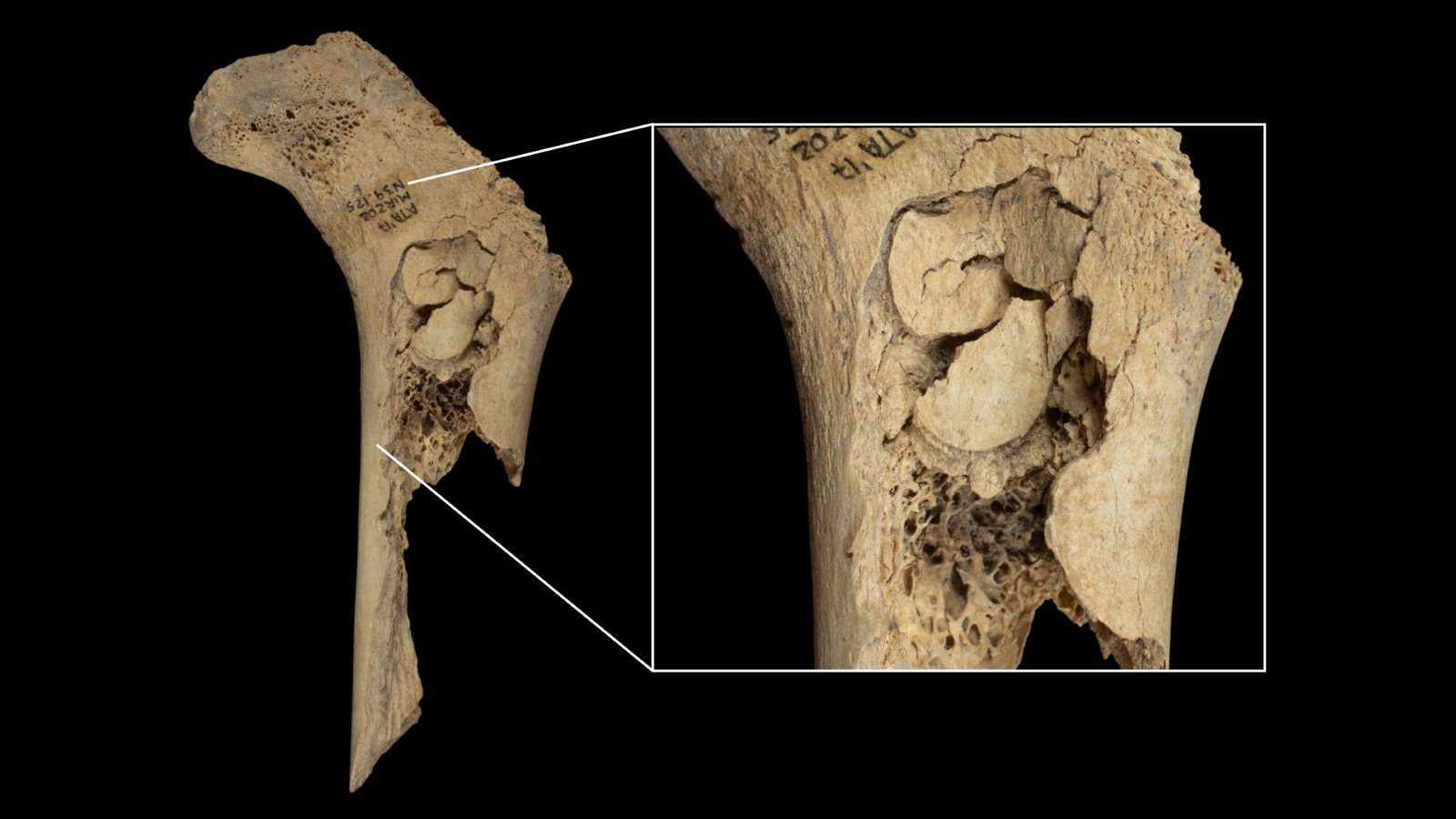
Experts are calling for a global effort to identify “positive tipping points” to accelerate the green transition—and have devised a method to find them.
A tipping point is a threshold where a small change can trigger a significant, often irreversible, transformation.
With climate change becoming increasingly damaging and dangerous, positive tipping points in human societies and economies can spark rapid reductions in emissions and other environmental harm.
Positive tipping points are already happening—with solar power and electric vehicles rapidly displacing fossil-fueled alternatives—but many more are needed to ensure a thriving, sustainable future.
“The global economy is decarbonizing at least five times too slowly to meet the Paris Agreement target of limiting global warming to well below 2°C,” said Professor Tim Lenton, from the Global Systems Institute at the University of Exeter.
“The challenge now is to identify potential positive tipping points, and the actions that can bring them forward—while avoiding wishful thinking about their existence, or oversimplification of their nature, drivers and impacts.”
A paper by an international team of researchers sets out a methodology for identifying positive tipping points, assessing their proximity, identifying the factors that can influence them, and the actions that can trigger them. The paper, published in the journal Sustainability Science, is titled “A method to identify positive tipping points to accelerate low-carbon transitions and actions to trigger them.”
This includes looking for evidence that a system, or a similar system, has “tipped” in the past.
Another factor is whether there is potential for “self-propelling uptake” of zero- or low-carbon behaviors, products and/or technologies.
For example, as more people buy electric cars, the performance, price and infrastructure improve—making it easier for others to follow, and thereby accelerating the transition.
“We know positive tipping can happen in sectors such as power and road transport, and we think the UK is close to a tipping point in the uptake of heat pumps,” said Dr. Steve Smith, also from Exeter’s Global Systems Institute.
“In other sectors there is little sign of approaching tipping points and in a few, such as nuclear power and concrete production, we should not expect there to be tipping points at all.”
Dr. Smith highlighted the potential for beneficial change that may seem unlikely before it happens—such as the banning of smoking in public places in the UK.
“Other transformations—such as a major shift away from meat consumption—might also be more likely than they appear,” he said.
“With supportive policies, meat-free options becoming cheaper and better, and social influence (behavior spreading through the population), we could see a major impact on meat consumption—and potentially a tipping point with benefits for climate and health.”
The team’s methodology aims to establish a common framework for finding positive tipping points—and they invite fellow researchers to help refine it, and practitioners to apply it.
Professor Frank Geels, from the Manchester Institute of Innovation Research at the University of Manchester, added, “The increased understanding of positive tipping points and improved methods for investigating them are important because they provide empirically validated templates for accelerated net-zero transitions.
“These offer crucial antidotes to the doom and gloom that seems to permeate climate mitigation debates in policy and mass media.”
More information:
A method to identify positive tipping points to accelerate low-carbon transitions and actions to trigger them, Sustainability Science (2025). DOI: 10.1007/s11625-025-01704-9
Provided by
University of Exeter
Citation:
Researchers propose new method to identify ‘positive tipping points’ for climate action (2025, August 6)
retrieved 6 August 2025
from https://phys.org/news/2025-08-method-positive-climate-action.html
This document is subject to copyright. Apart from any fair dealing for the purpose of private study or research, no
part may be reproduced without the written permission. The content is provided for information purposes only.




